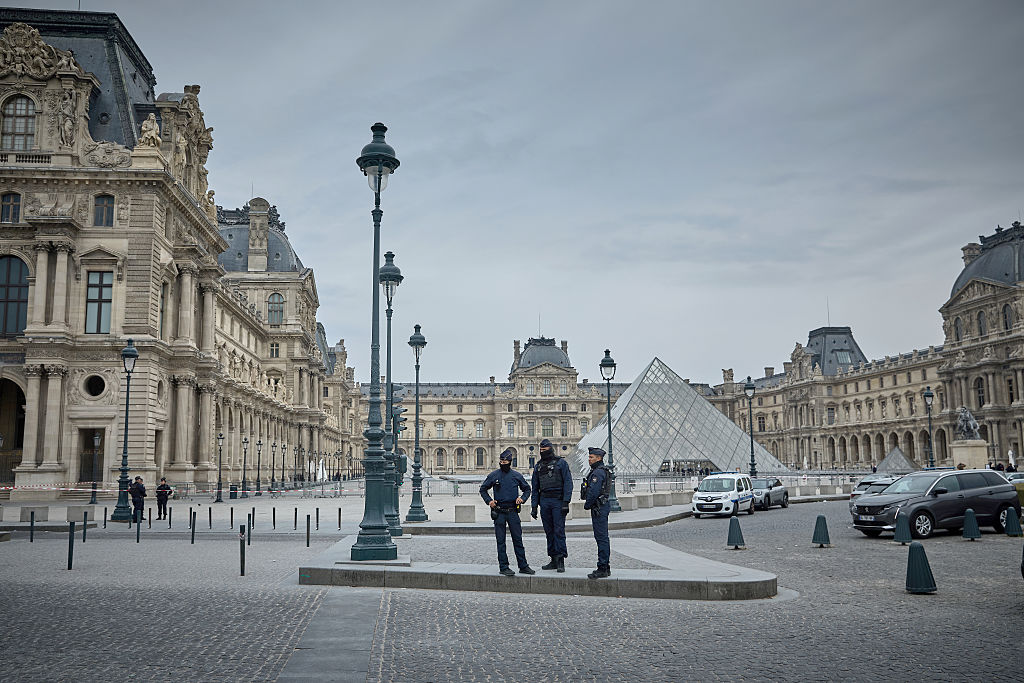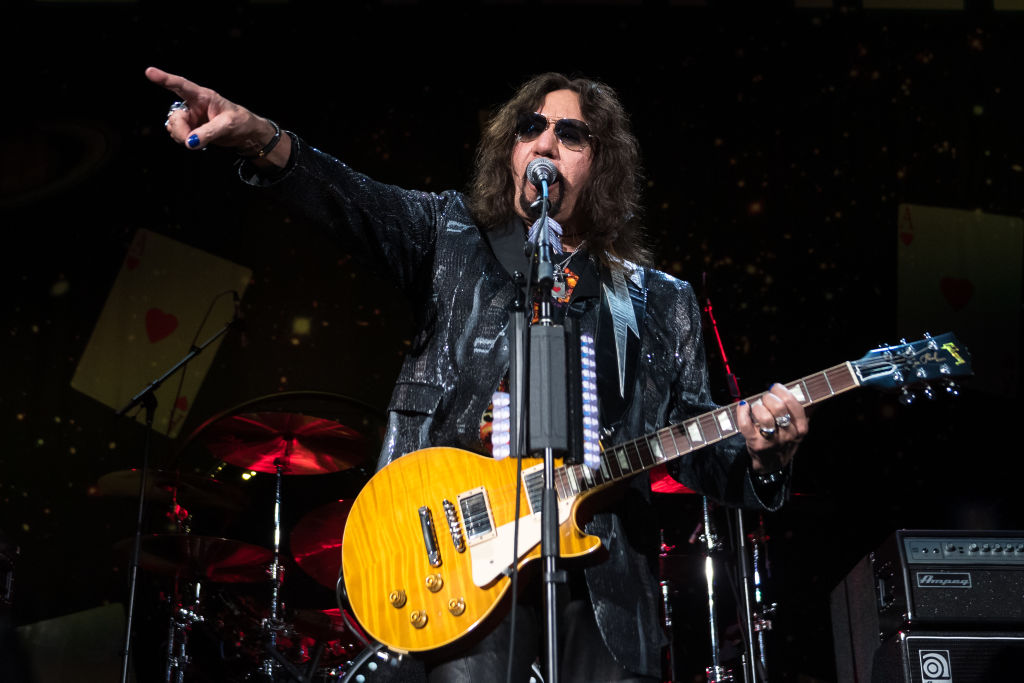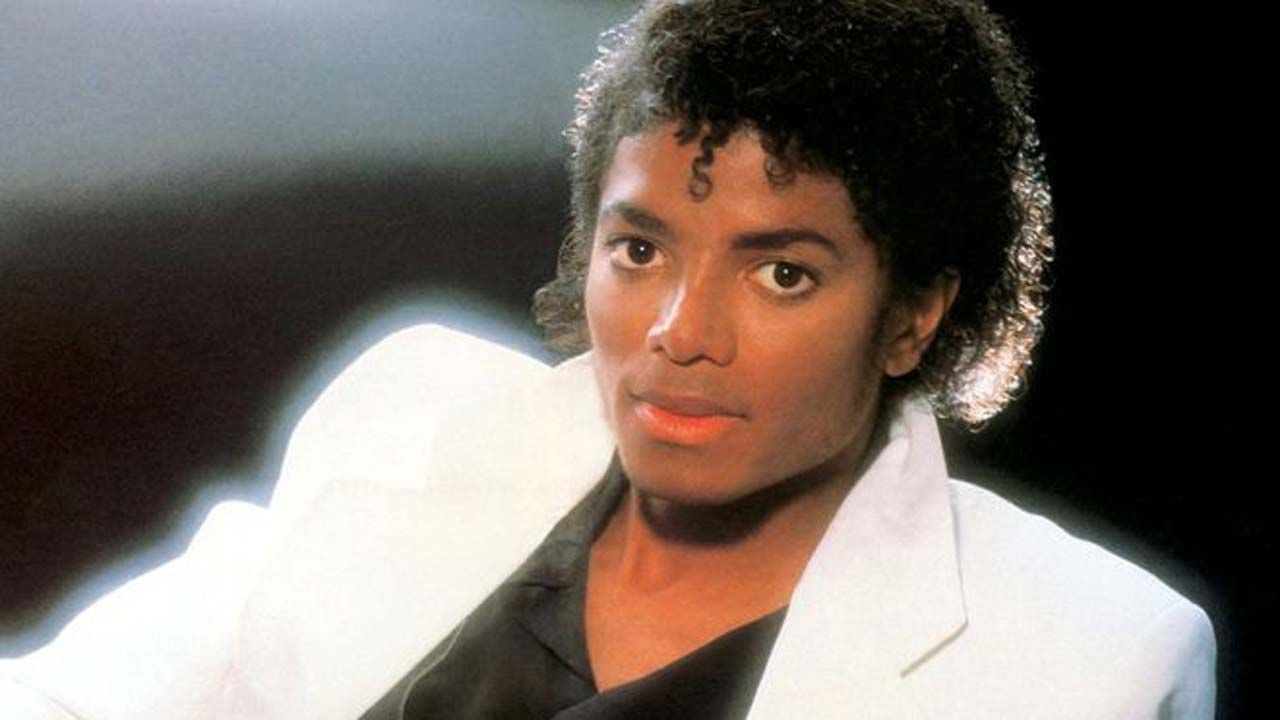Airplane food can be quite appetizing, especially on a long flight, but the excitement makes us leave on an empty stomach. However, those directly involved in the preparation of in-flight meals and drinks can share their thoughts on this.
Usually, most passengers look forward to the service on board – and if the flight does not involve a meal, they do not refuse a portion of tea or coffee. A lot of people really like airplane “dry rations” and hot meals – that’s part of the adventure, because we don’t fly every day.
But flight attendants spend their working time in the air day in and day out. And flight attendants Whitney and Jacqueline. and fellow flight attendant Dennis shared on TikTik that they would not eat or drink on the plane. The experts did not reveal where they work and said in-flight meal requirements can vary from airline to airline, but nevertheless pointed to some trends and weaknesses in the matter. Take note!
Coffee, tea and water
Air hostesses warn: the water on board is bottled and it is easy for passengers to verify its origin. Plus, if needed, they can open the bottle right in front of you and pour a portion into a glass or your own larger container. . However, hot water for coffee and tea is often used differently, tap water (ice is also made from it, if offered in flight).
ADVERTISEMENT – CONTINUED BELOW
Most modern aircraft models are equipped with their own pressurized recirculation plumbing. Before the flight, drinking water is poured into it for domestic needs, but the question is also how often the pipes of this system are maintained and how they are cleaned. In order not to guess, flight attendants refuse tea and coffee in flight. Stating that in themselves such drinks additionally lead to dehydration – and flying already literally dries up the body.
Alcohol
High altitude alcohol has the most negative effect on the body, causing hypoxia – a condition associated with low oxygen levels in body tissues. This leads to faster and more intense intoxication and additionally dehydrates. Therefore, airline employees do not drink alcohol during the flight under any circumstances.
Snacks
The crew on board does not eat salty snacks (including cheese and olives) and all kinds of snacks. The reason is simple – they contain a large amount of sodium, which retains water and causes thirst. Most people who have traveled by air are familiar with “traveler’s constipation”, a specific condition in which bowel problems develop due to increased moisture loss during flight. Flight attendants and stewards are at risk, so they do everything not to make the situation worse.
Plus, anything that needs refrigeration may not be very fresh when served on an airplane, so it makes sense to criticize cheese and sausage cuts on a platter.
Hot meals
Due to the low pressure on board, many foods have a less intense flavor, so in-flight meals, especially non-meat meals, generally contain more salt and seasoning – an important consideration to take into account .
Flight attendants admit they avoid large cuts of meat (tenderloins or steaks) because it’s impossible to heat all portions in an airplane oven efficiently and evenly.
What’s the best thing to eat on a plane?
High sodium and overly processed foods eaten in flight can cause headaches, fatigue and indigestion. Lean protein, whole vegetables and fruits, and coconut water are what flight attendants and stewards snack on. These products normalize intestinal motility and take care of hydration. And you can also use the models life hack – they never eat on the plane. You can find out why by reading this article.
Even more interesting materials can be found in our telegram channel.
Source: The Voice Mag
Emma Jack is a writer at Gossipify, covering fashion, beauty, lifestyle, and pop culture trends. She stays current on the latest trends and offers readers up-to-date information on what’s hot in the industry. With a background in fashion journalism from Parsons School of Design, she offers a unique perspective and analysis of current trends.









